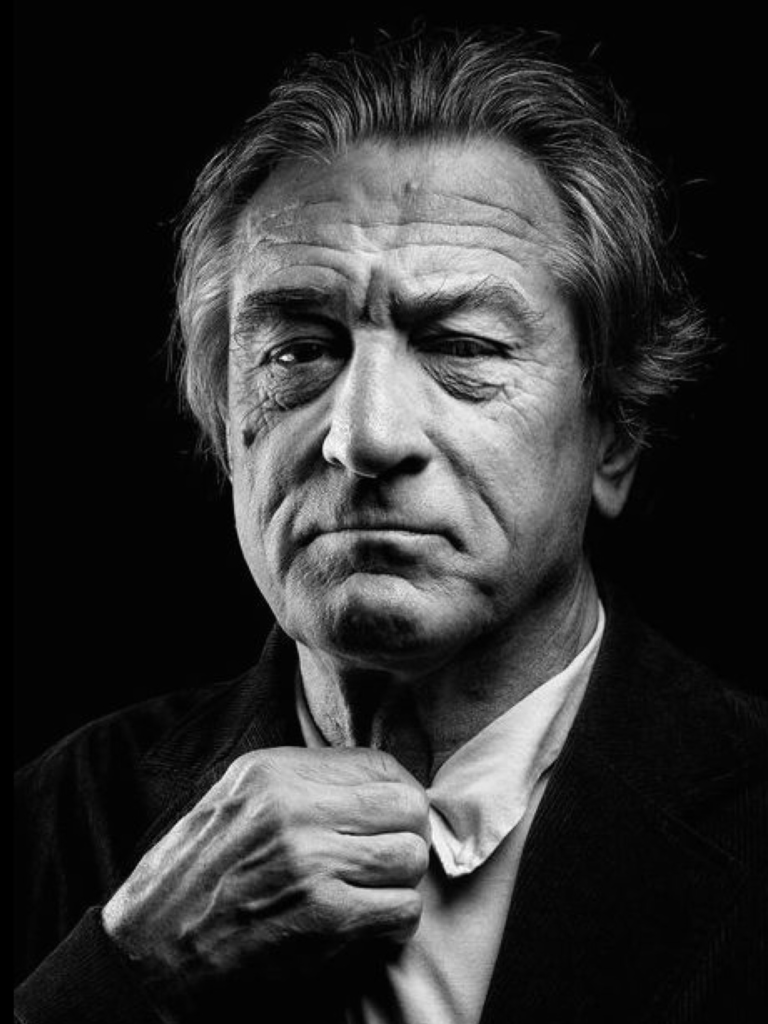
Aldo Fabrizi was a renowned Italian actor, screenwriter, and director, celebrated for his contributions to Italian cinema, particularly during the neorealism movement. Born on November 1, 1905, in Rome, Fabrizi became known for his distinctive voice, comedic talent, and ability to portray complex characters.
Career Highlights:
- Theatrical Background: Fabrizi began his career in theater in the 1920s, where he honed his craft and developed his unique style. His theatrical experience greatly influenced his film performances.
- Film Career: He appeared in numerous films from the 1930s through the 1970s. Some of his most notable works include:
- “The Children Are Watching Us” (1943): Directed by Vittorio De Sica, this film marked a significant moment in Italian neorealism and featured Fabrizi in a key role.
- “Rome, Open City” (1945): Another landmark neorealist film directed by Roberto Rossellini, where Fabrizi’s performance as a priest was widely praised.
- “Bicycle Thieves” (1948): Though not in the lead role, his presence in this iconic film further solidified his status as an important actor of the time.
- Comedic Roles: Fabrizi was also known for his work in comedy, particularly in films like “The Liar” (1951) and “Miranda” (1980), where his comedic timing and charm shone through.
Style and Influence:
- Character Actor: Fabrizi excelled at portraying a range of characters, from the tragic to the comedic. His performances often showcased the struggles of the common man, reflecting the social realities of his time.
- Contribution to Neorealism: His work significantly contributed to the neorealist movement, which sought to depict everyday life and social issues with authenticity and empathy.
Awards and Recognition:
- Fabrizi received critical acclaim throughout his career and won several awards, including the prestigious Nastro d’Argento for Best Supporting Actor.
Personal Life:
- Aldo Fabrizi was known for his warm personality and deep love for the arts. He was married to the actress Giulia Rossa, and they had a close collaboration in their professional lives.
Legacy:
- Fabrizi passed away on April 2, 1990, but he left behind a rich legacy in Italian cinema. His films continue to be studied for their artistic merit and social commentary, making him a beloved figure in the history of Italian film.
His ability to blend humor with poignant social themes ensured that he remains a significant and respected figure in Italian cultural history.


